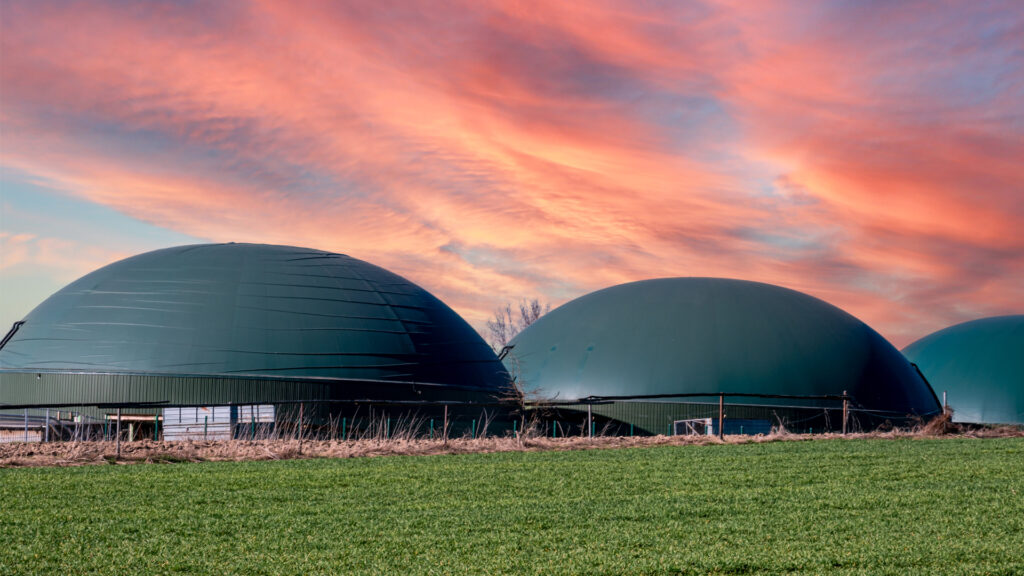By Kevin Doyle, Consumer Energy Alliance
Recently, there have been conversations surrounding Renewable Natural Gas (RNG) legislation that was considered in the most recent legislative session. While ultimately the legislation did not pass, the policy represented a pivotal opportunity for Florida to embrace a cleaner, more sustainable energy future.
As advocates for progress, we firmly stood behind House Bill 683 and Senate Bill 480 and still recognize the innovative and promising future RNG can provide for Florida and its residents. Unfortunately, some opponents are attempting to confuse consumers by calling the bill a “greenwashing” piece of policy. These claims are false and stand to jeopardize a process that will lead to a more sustainable and resilient future.

RNG, which is made from discarded materials such as restaurant waste or landfill gases to name a few, is a safe and clean gas alternative that is fully compatible with traditional natural gas. The existing natural gas pipelines in the state can already integrate RNG, which eliminates the need for expensive and time-consuming modifications. Having the infrastructure already in place is a huge advantage for this promising energy source.
With its abundant biogas potential, Florida is positioned to capitalize on the advantages of RNG. As Florida ranks 13th in nation for biogas potential, there are many avenues for RNG development from dairy farms to landfills. By harnessing these overlooked resources, Florida can broaden its energy portfolio, diminish emissions and bolster its energy resilience. Florida, with its vast biogas potential, stands poised to harness the benefits of RNG.
The benefit of RNG extends far beyond emissions reduction and energy security. Its continued use promises to stimulate job creation, safeguard against nutrient runoff that pollutes local waterways and promote a sustainable economy.
Furthermore, alongside these advantages, the Legislature this year remained committed to establishing proper procedures to ensure the successful execution of these projects. Consequently, the Public Service Commission would evaluate each project to ensure compliance with required rules and assess its reasonableness. Throughout the process, the Public Service Commission would also ensure that the project is executed in a safe, reliable manner and at reasonable rates. Subsequent reviews would be conducted to verify that the project developed as intended and that expenditures remained reasonable throughout its implementation.

In addition to these benefits, the legislation was also designed with the aim of enabling utilities to continue investing in domestic energy production, thereby enhancing the resilience of Florida’s energy resources while concurrently offering a critical solution to waste management.
It is clear that this legislation would have encouraged the development of RNG facilities, and it represented a promising opportunity for Florida to chart a course toward a more sustainable, resilient energy future. By embracing RNG, we can create jobs, protect our environment and reduce harmful emissions — all while tapping into the vast potential of renewable energy sources within the state of Florida.
We must ensure that the momentum behind RNG legislation continues to build in the future so we may seize this opportunity to shape a brighter, cleaner future for generations to come.
Kevin Doyle is the vice president of state affairs for Consumer Energy Alliance, a fossil fuel-funded advocacy group. This opinion piece was originally published by the Orlando Sentinel, which is a media partner of The Invading Sea.
If you are interested in submitting an opinion piece to The Invading Sea, email Editor Nathan Crabbe at ncrabbe@fau.edu. Sign up for The Invading Sea newsletter by visiting here.



